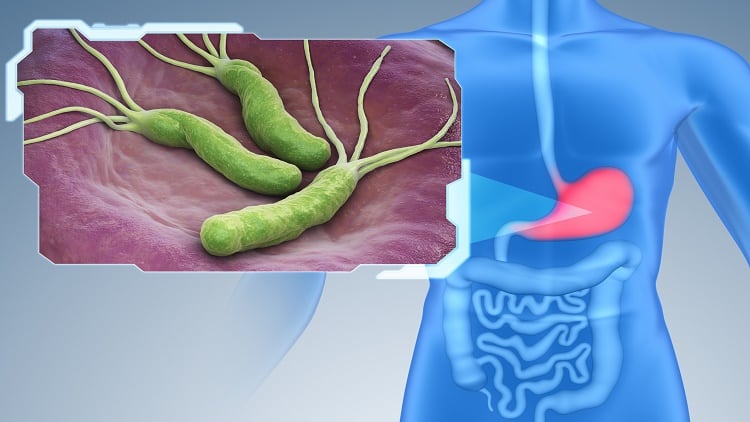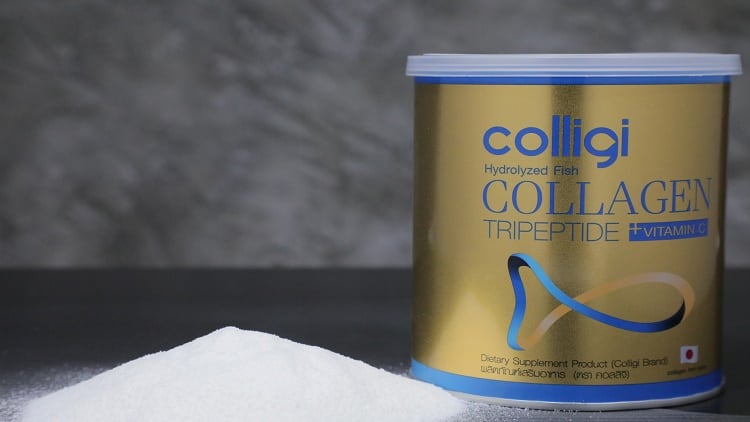The treatment given includes BioGaia’s Lactobacillus reuteri gastrus tablet probiotic and the Bismuth-containing quadruple therapy, which consists of two antibiotics, metronidazole, tetracycline, proton pump inhibitor (PPI) dexlansoprazole, and antacid bismuth subsalicylate.
The study conducted in Thailand was published in the Asian Pacific Journal of Cancer Prevention Vol 20 last month.
It showed that receiving the therapy for 14 days could achieve a H. pylori eradication rate of 96%, which is 8% higher that than of the placebo.
Using the same treatment for a week is however less effective, with only an eradication rate of 68%, which is 4% lower than that of the placebo group.
A total of 100 patients with non-ulcer dyspepsia were recruited into the study. They were then randomised into four groups.
The four groups are 1) 7-day high dose PPI-bismuth-containing quadruple therapy with probiotics, 2) 7-day high dose PPI-bismuth-containing quadruple with placebo, 3) 14-day high dose PPI-bismuth-containing quadruple therapy with probiotics, and 4) 14-day high dose PPI-bismuth-containing quadruple therapy with placebo.
The treatment groups consumed the probiotic tablets dosed 37.5mg twice per day after meal, while the placebo groups ate the identical tablet without probiotics.
Post therapy, there was at least a four-week long follow-up to assess pill count, and questionnaires used to find out side-effects experienced.
Lower incidence of side-effects
The study also showed that the incidence of side-effects, such as nausea vomiting, were significantly lower in the treatment group when compared to the placebo.
With the 14-day treatment group as an example, its incidence of nausea vomiting was 6%, while that of placebo was 26%.
For abdominal discomfort, the incidence rate was 4% in treatment group, while placebo was nearly five times higher at 18%.
The treatment group also had a lower incidence rate of bitter taste at 4%, and that of placebo group was 26%.
Citing previous studies, the researchers said that this might be because probiotics could restore the equilibrium of intestinal floras previously altered by antibiotic use.
“The 14-day high dose PPI- bismuth-containing quadruple therapy with probiotic can provide an excellent cure rate for H. pylori infection as first line treatment irrespective of CYP2C19 and antibiotic resistance pattern.
“Adding probiotic also significantly reduced treatment-related adverse events and improve the patients’ compliance,” the researchers concluded.
Current measures
In Thailand, the first line treatment for H. pylori eradication is the standard triple therapy regimen, which consists of amoxicillin, clarithromycin, and a proton pump inhibitor.
However, it has only a cure rate of about 80% or less, due to the rise of antibiotic resistance.
The alternative, is a 10-day sequential therapy or a 10-day concomitant therapy. However, both are associated with complicated or multiple medication tablets, which often leads to poor patient compliance.
The bismuth-containing quadruple regimen discussed in this study is less commonly used in Asia, while the opposite is true in Europe and the US.
Prior studies have also suggested that the therapy has limited efficacy for H. pylori eradication due to poor compliance and high rate of metronidazole resistance.
However, the researchers said that the current study which combines bismuth-containing quadruple regimen with probiotics had demonstrated high efficacy of treatment.
They explained that this was because probiotics have helped to decrease the adverse effects caused by antibiotics, and hence, was useful in improving patient’s compliance.
Prevalence of H. pylori infection
In general, the prevalence of H. pylori infection ranges at about 21% to 54% in Thailand, one of the highest amongst South East Asian countries.
The prevalence of this infection is even higher in Myanmar, Laos and Vietnam at more than 50%, while lower in Singapore at 31% and Malaysia at 20%.
Source: Asian Pacific Journal of Cancer Prevention, Vol 20
High Effective of 14-Day High-Dose PPI- Bismuth-Containing Quadruple Therapy with Probiotics Supplement for Helicobacter Pylori Eradication: A Double Blinded-Randomized Placebo-Controlled Study
DOI: 10.31557/APJCP.2019.20.9.2859
Authors: Piyakorn Poonyam and et al





